
Food items aren’t the only things in your home that expire.
Even if you religiously clean your home, some things are just unhealthy to use beyond a certain point.
Consider the following everyday household items that you use — and should replace regularly.
1. Toothbrush
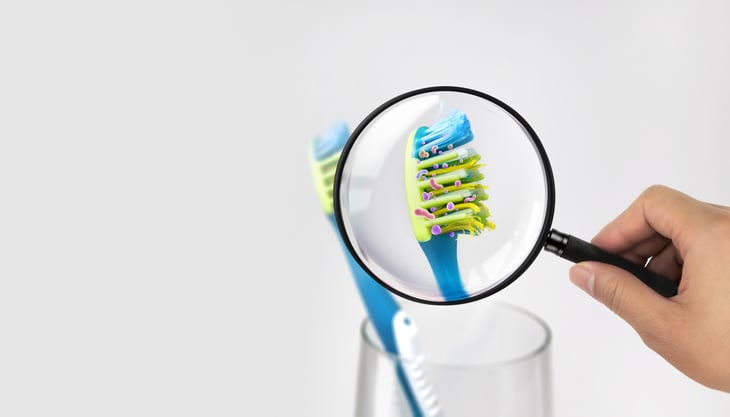
Sure, you rinse your toothbrush after you use it and store it upright to dry. You may even soak it in 3% hydrogen peroxide or Listerine mouthwash to reduce the bacteria on it.
But you still need to replace it every three to four months — or more often if the brush frays. Why? It harbors bacteria.
Clean your toothbrush regularly and replace it at least three to four times a year, the American Dental Association recommends.
2. Kitchen sponge
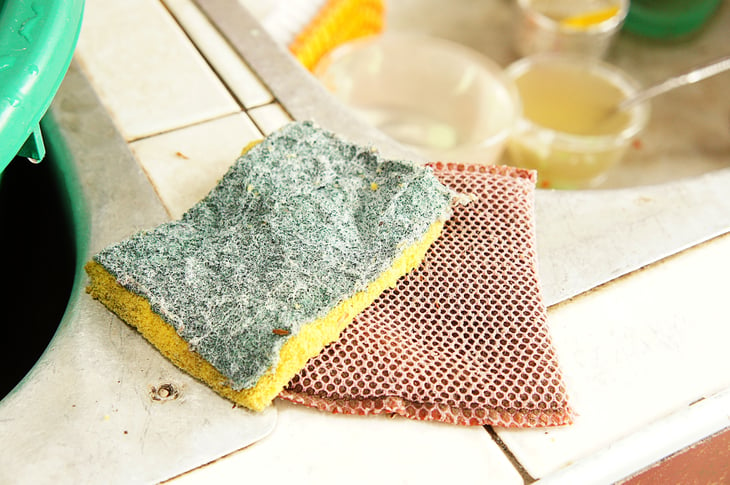
If you don’t think your kitchen sponge is dirty, one look at a scientific report published by Nature will change your mind. The researchers’ genetic analysis confirmed a “massive colonization” of bacteria is found in used kitchen sponges.
Many variables cause bacteria to build on sponges, including their porous nature. But suffice to say they get dirty very quickly and can spread bacteria in your home. The experts recommend changing your sponge at least once a week.
3. Refrigerator water filters
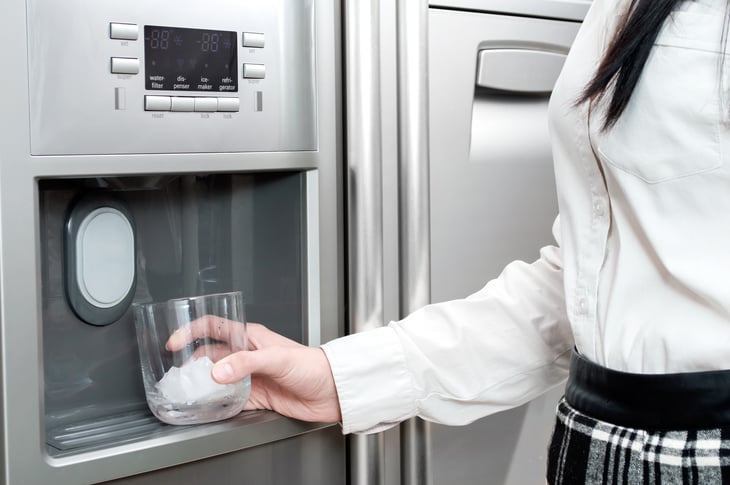
The water filter in your refrigerator traps contaminants. But if it’s not regularly changed, it can transfer contaminants to your drinking water, according to Healthfully. In extreme cases, that can also include mold.
Many refrigerators have a warning light that alerts owners that they need to change this filter. If yours doesn’t, read the owner’s manual for guidelines.
4. Bath towels
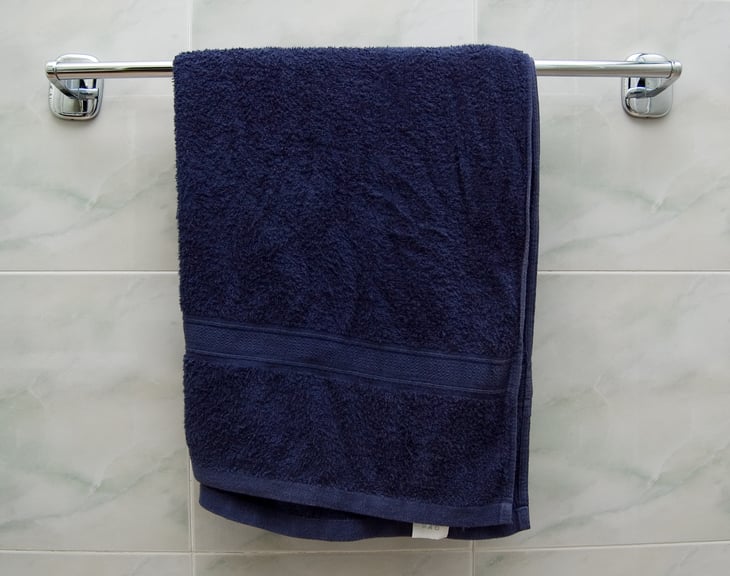
You may feel clean when you step out of the shower or bath, but your towels aren’t. Yeast, mold and bacteria — including E. coli — are among the lifeforms that thrive on towels, especially in the humid bathroom.
Even with regular laundering, eventually bath towels should be replaced, especially if they start smelling musty. A host of variables, including material and frequency of use, contribute to how often you should replace bath towels. Every two years is a good rule of thumb.
5. Bathmats
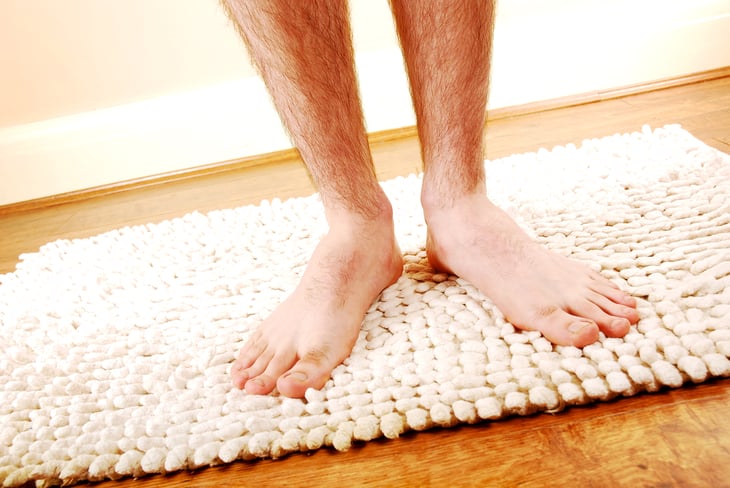
Most bathmats are sturdy. But like towels, many variables dictate their lifespan. Even though they don’t touch every part of your body, they also harbor germs. You should wash them regularly and replace them at least once every two years, according to Bath Planet.
6. Slippers
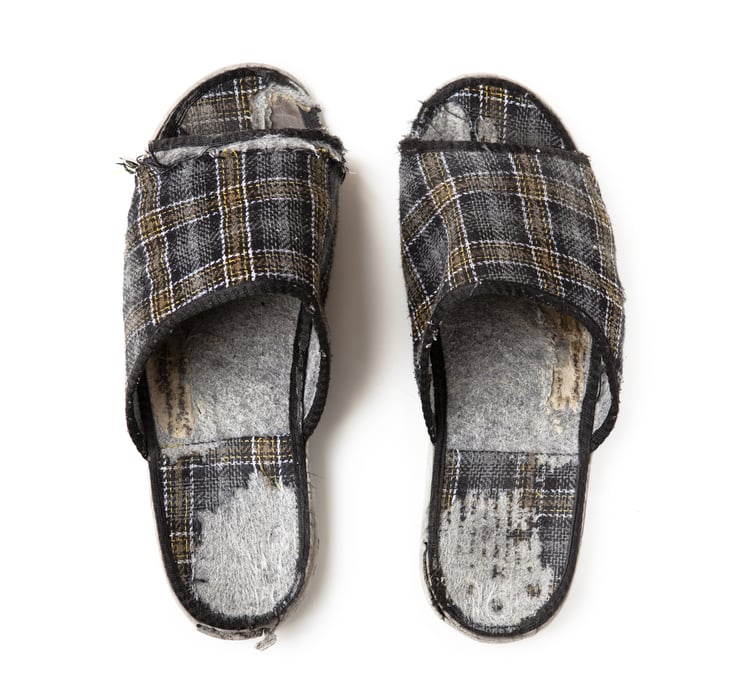
Old slippers lose their shape, meaning they can cause wearers to slip and fall. But even if they do maintain their form, slippers are a breeding ground for mildew, fungus and bacteria.
Some experts recommend you replace slippers at least once a year.
7. Plastic food containers

If you still use plastic food containers, discard the ones that are scratched, cloudy or stained. They can transmit dangerous compounds and bacteria into your food, which can lead to heart disease and other health concerns.
That’s especially true of containers that are, say, 10 years old. Toss them.
8. Shower loofah
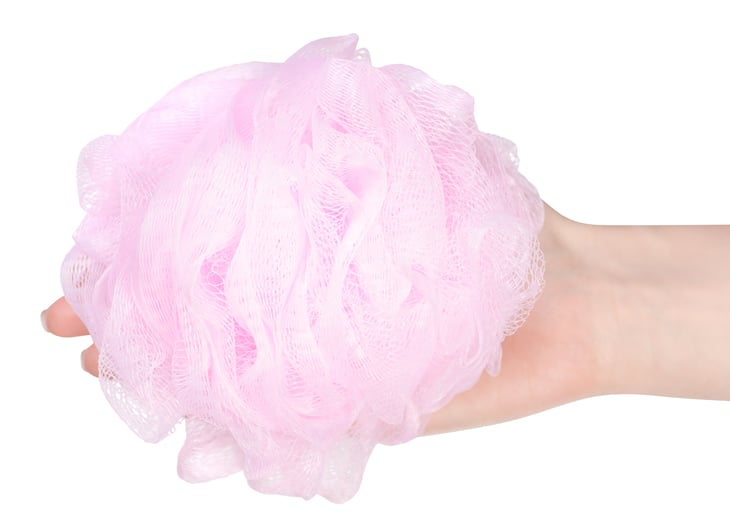
The shower loofah looks elegant, but some of the dead skin it scrubs off can take up residence, creating a breeding ground for germs and bacteria that can infect newly shaved or otherwise nicked skin.
Thoroughly wash and dry your loofah after each use and replace it every three weeks or so.
9. Nonstick pans

Many experts agree that scratches in nonstick pans may allow dangerous toxins from the coating to escape into your food. Don’t take chances. Toss out your scratched pots and pans.
10. Range hood filters

You may not even know that your range hood has a filter if yours doesn’t have a filter replacement indicator. You should change the filters every few months, so they don’t fill your home’s air with grease and toxins.
Although there’s no set time for when you should replace a filter, a general rule of thumb is at least once a year, or more frequently if you cook a lot.
11. Kitchen towels
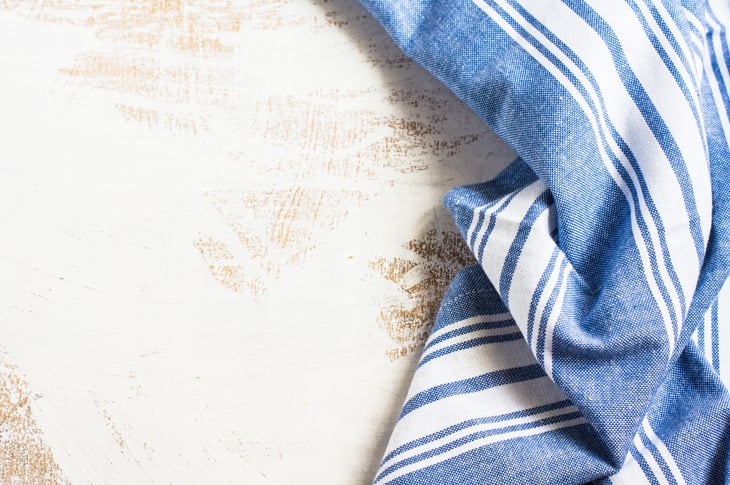
You should wash kitchen towels every day or every other day and replace them once a year. Not only do they become stained and faded, but over time they also become homes for germs and bacteria.
If you hate to part with them, store them for one-time uses such as cleaning up after pets.





Add a Comment
Our Policy: We welcome relevant and respectful comments in order to foster healthy and informative discussions. All other comments may be removed. Comments with links are automatically held for moderation.